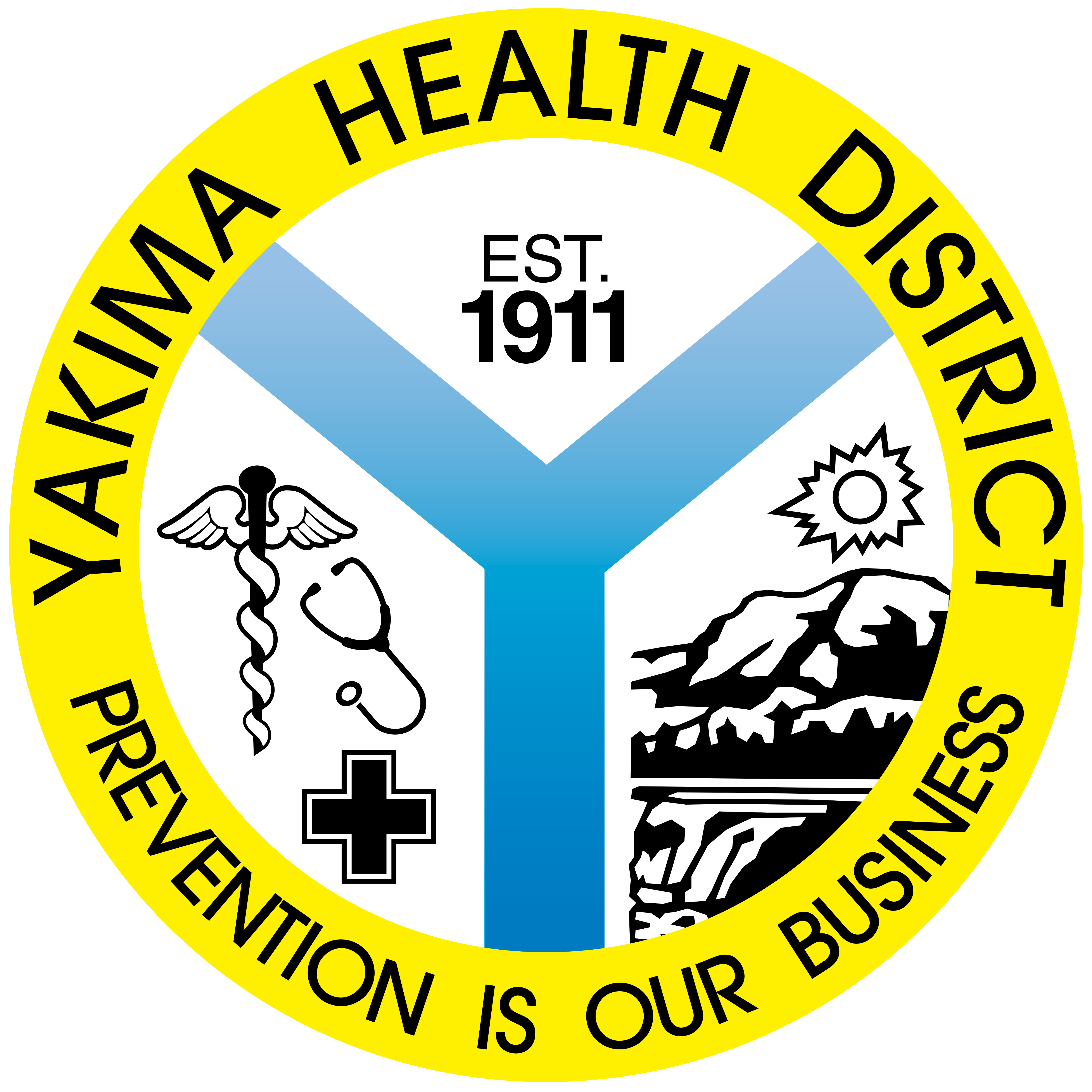
Requested actions
- Be aware, the U.S. Food and Drug Administration (FDA) granted full authorization to Pfizer-BioNTech COVID-19 vaccine for people 16 years and older. Pfizer-BioNTech will now be referred to as Comirnaty (koe-mir’-na-tee). Pfizer-BioNTech COVID-19 vaccine continues to be available to people 12-15 years old and people who are moderately to severely immunocompromised through emergency use authorization (EUA).
- Be aware, monoclonal antibody treatment is available through EUA to people in Washington who are 12 years or older and weigh more than 39 kg and are at high risk for progressing to severe COVID-19 or hospitalization.
- Be aware, the Centers for Disease Control and Prevention (CDC) observed a sharp increase in prescriptions and attempts to obtain veterinary doses of ivermectin to prevent or treat COVID-19. Poison control centers have experienced a 5-fold increase in calls related to ivermectin toxicity. The evidence suggesting ivermectin is safe or effective at treating or preventing COVID-19 is of very low- to low-certainty.
- Be aware, all state employees and workers in healthcare and long-term care settings must be fully vaccinated against COVID-19 by Oct. 18.
- Be aware, effective immediately the FDA extended the shelf life of Pfizer-BioNTech COVID-19 vaccine an additional 3 months on vials dated after July 2021 as long as authorized storage conditions (-90°C to -60°C or ‑130°F to -76°F) have been maintained. Frozen vials stored at -25°C to -15°C and refrigerated vials (2°C to 8°C) are not eligible for extension. Visit CDC’s Pfizer-BioNTech COVID-19 vaccine page for additional information.
Background
Full authorization for Pfizer-BioNTech COVID-19 vaccine
The FDA granted full authorization for Pfizer-BioNTech COVID-19 vaccine for people 16 years or older. Pfizer-BioNTech will now be referred to as Comirnaty (koe-mir’-na-tee). Pfizer-BioNTech COVID-19 vaccine continues to be available to people 12-15 years old and to people who are moderately to severely immunocompromised through EUA. Pfizer-BioNTech COVID-19 vaccine and the FDA-approved Comirnaty COVID-19 vaccine have the same formulation and can be used interchangeably. We will share the Vaccine Information Sheet for Comirnaty as soon as it becomes available.
Full authorization grants the ability for providers to prescribe the vaccine off-label. The American Academy of Pediatrics (AAP) released a statement on Aug. 23 discouraging providers to prescribe the vaccine for children under 12. “The clinical trials for the COVID-19 vaccine in children ages 11 years old and younger are underway, and we need to see the data from those studies before we give this vaccine to younger children. The dose may be different for younger ages. The AAP recommends against giving the vaccine to children under 12 until authorized by the FDA.” Administration of the product off-label may not be covered under the PREP Act or the PREP Act declaration; therefore, providers may not have immunity from claims.
COVID-19 treatment
Monoclonal antibody treatment is available through EUA to people in Washington who are 12 years or older and weigh 39 kg and are at high risk for progressing to severe COVID-19 or hospitalization. Monoclonal antibodies are laboratory-made proteins that bind to the spike protein of SARS-COV-2 and block the virus’ attachment and entry into human cells. Research demonstrating the benefits of monoclonal antibodies for treatment of COVID-19 is growing.
During the COVID-19 public health emergency, Medicare will cover the cost of infusions. Sites can order monoclonal antibodies through a direct ordering process for COVID-19 therapeutics. REGEN-COV (casirivimab with imdevimab) supply is currently ample. We recommend sites order enough supply for 2 weeks. The federal government has not purchased or distributed sotrovimab and tocilizumab. You may purchase these products through typical purchasing channels. Healthcare providers administering monoclonal antibody products in Washington are required to follow the manufacturer and EUA guidance:
Additional information
- Monoclonal antibody playbooks (with updated post-exposure prophylaxis).
- Direct ordering process.
- Resources for clinicians.
- Administering monoclonal antibodies at your facility.
- Communication resources.
CDC observed a sharp increase in prescriptions and attempts to obtain veterinary doses of ivermectin to prevent or treat COVID-19. Poison control centers have experienced a 5-fold increase in calls related to ivermectin toxicity. The evidence suggesting ivermectin is safe or effective at treating or preventing COVID-19 is of very low- to low-certainty. Available reliable evidence does not support the use of ivermectin to treat or prevent COVID-19 outside of well-designed randomized trials.
Additional information
- COVID-19 treatment guidelines, The National Institutes of Health.
Vaccine resources
- EUA fact sheets for recipients and caregivers:
- Pfizer-BioNTech.
- Moderna.
- Johnson & Johnson (J&J).
- COVID-19 vaccine locator, DOH.
- COVID-19 vaccine for providers
- COVID-19 vaccine provider toolkit and resources, DOH.
- COVID-19 vaccination for providers, CDC.
- Clinical considerations for COVID-19 vaccination and guidance for managing anaphylaxis, CDC.
- COVID-19 vaccine quick reference guide for healthcare professionals, CDC.
- COVID-19 vaccine training module on best practices for providers, CDC.
- Janssen (Johnson & Johnson) health alert, CDC.
- Vaccine-induced immune thrombotic thrombocytopenia frequently asked questions, American Society of Hematology (ASH).
- Diagnosis and management of vaccine-induced immune thrombotic thrombocytopenia webinar, ASH and CDC.
- April 15, 2021 Clinician Outreach and Communication Activity (COCA) call: Janssen (Johnson & Johnson) COVID-19 vaccine and cerebral venous sinus thrombosis with thrombocytopenia update for clinicians on early detection and treatment, CDC.
- Association of mRNA vaccines with myocarditis and pericarditis after vaccination:
- Follow-up of patients with myocarditis, consult recommendations, American Heart Association and the American College of Cardiology.
- Clinical considerations: Myocarditis and pericarditis after receipt of mRNA COVID-19 vaccines among adolescents and young adults, CDC.
- COVID-19 subcommittee of the World Health Organization (WHO) Global Advisory Committee on Vaccine Safety (GACVS) reviews cases of mild myocarditis reported with COVID-19 mRNA vaccines, WHO news release, May 26, 2021.
- Myocarditis and pericarditis following mRNA COVID-19 vaccination, CDC.
- Selected adverse events reported after COVID-19 vaccination, CDC.
- Myocarditis and pericarditis resources for the public, CDC.
